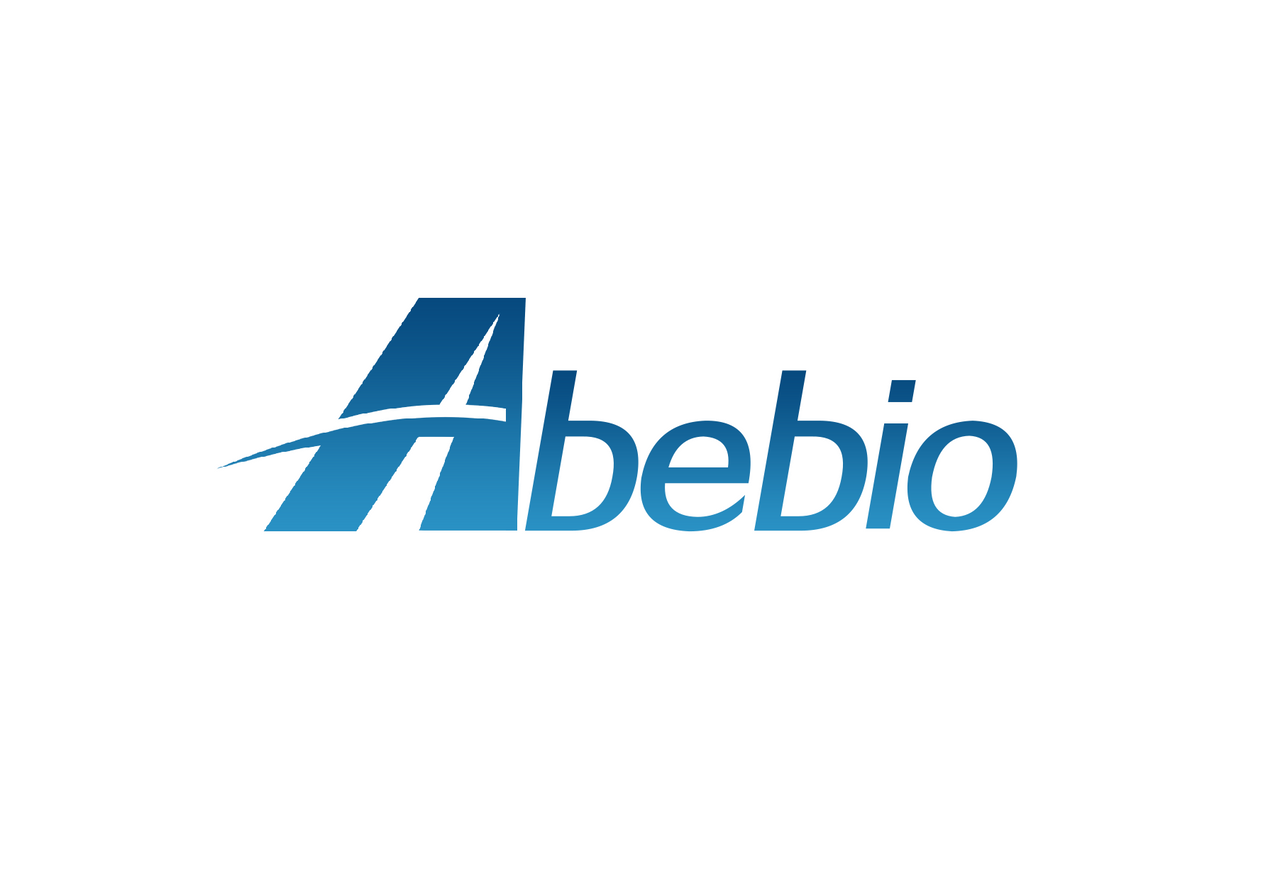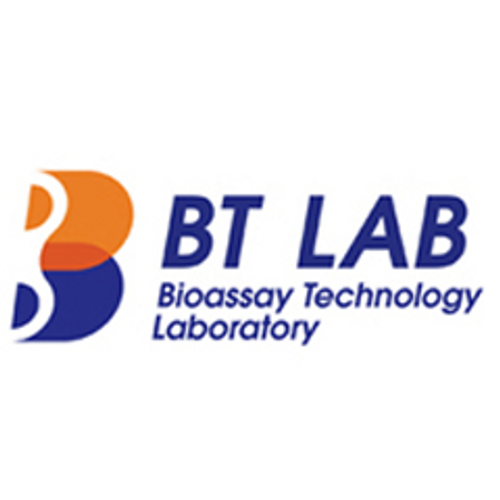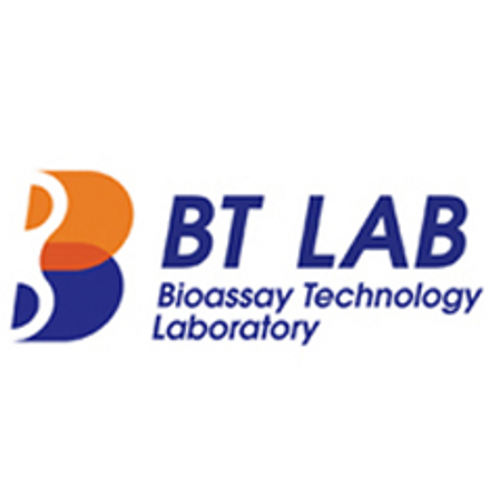Product Description
Horse Vitamin C (VC) ELISA Kit | AE62932HO | Abebio
Species Reactivity: Horse (Equus caballus; Equine)
Abbreviation: VC
Alternative Name: N/A
Application: ELISA
Range: 493.83-40000 ng/mL
Sensitivity: 192.1 ng/mL
Intra-Assay: ≤4.2%
Inter-Assay: ≤7.7%
Recovery: 0, 95
Sample Type: Serum, Plasma, Other biological fluids
Detection Method: Sandwich
Analysis Method : Quantitive
Test Principale: This assay employs a two-site sandwich ELISA to quantitate VC in samples. An antibody specific for VC has been pre-coated onto a microplate. Standards and samples are pipetted into the wells and anyVC present is bound by the immobilized antibody. After removing any unbound substances, a biotin-conjugated antibody specific for VC is added to the wells. After washing, Streptavidin conjugated Horseradish Peroxidase (HRP) is added to the wells. Following a wash to remove any unbound avidin-enzyme reagent, a substrate solution is added to the wells and color develops in proportion to the amount of VC bound in the initial step. The color development is stopped and the intensity of the color is measured.
Product Overview: Vitamin C is an essential nutrient for humans and certain other animal species, in which it functions as a vitamin. In living organisms, ascorbate is an anti-oxidant, since it protects the body against oxidative stress. It is also a cofactor in at least eight enzymatic reactions, including several collagen synthesis reactions that cause the most severe symptoms of scurvy when they are dysfunctional. In animals, these reactions are especially important in wound-healing and in preventing bleeding from capillaries.Dehydroascorbic acid (DHA) is an oxidized form of ascorbic acid. It is actively imported into the endoplasmic reticulum of cells and generates the oxidative potential found there. Protein disulfide isomerases are known to reduce DHA back to ascorbic acid, oxidizing their disulfide bonds in the process. Therefore L-dehydroascorbic acid is a vitamin C compound much like L-ascorbic acid.
Stability: The stability of ELISA kit is determined by the loss rate of activity. The loss rate of this kit is less than 5% within the expiration date under appropriate storage condition. The loss rate was determined by accelerated thermal degradation test. Keep the kit at 37°C for 4 and 7 days, and compare O.D.values of the kit kept at 37°C with that of at recommended temperature. (referring from China Biological Products Standard, which was calculated by the Arrhenius equation. For ELISA kit, 4 days storage at 37°C can be considered as 6 months at 2 - 8°C, which means 7 days at 37°C equaling 12 months at 2 - 8°C) .
 Euro
Euro
 USD
USD
 British Pound
British Pound
 NULL
NULL








